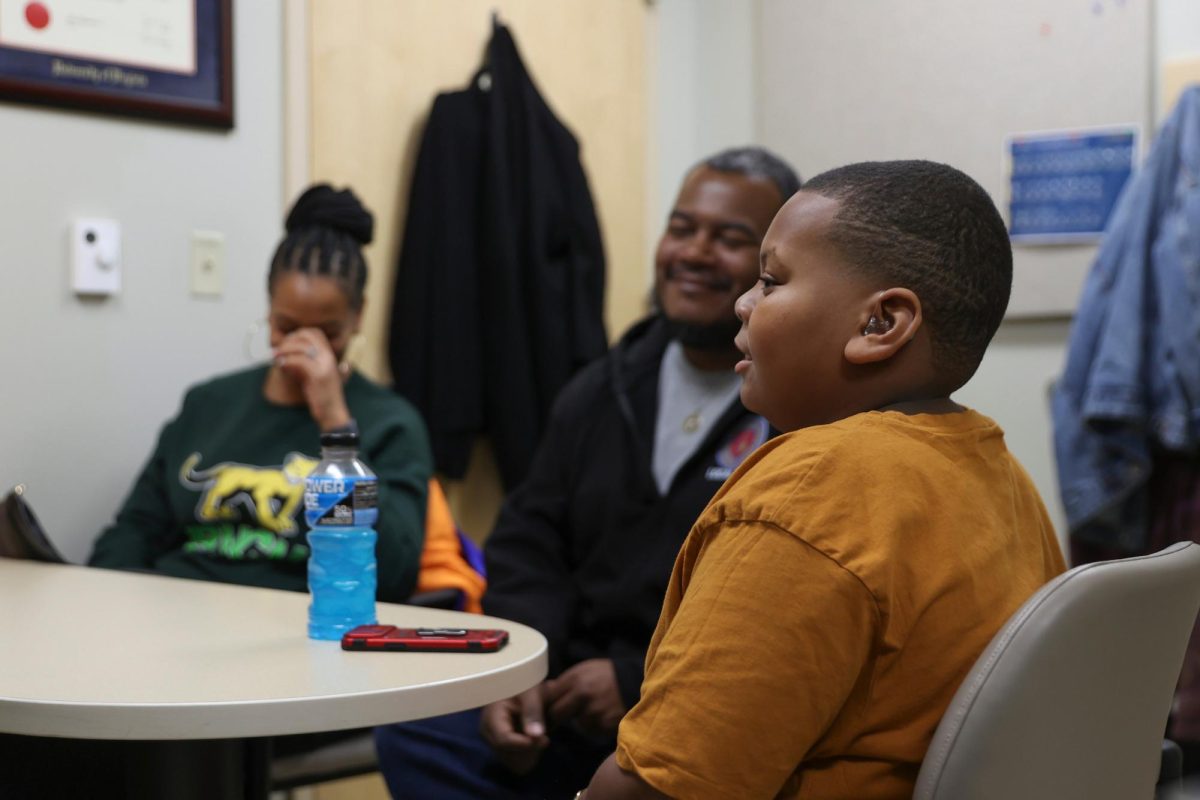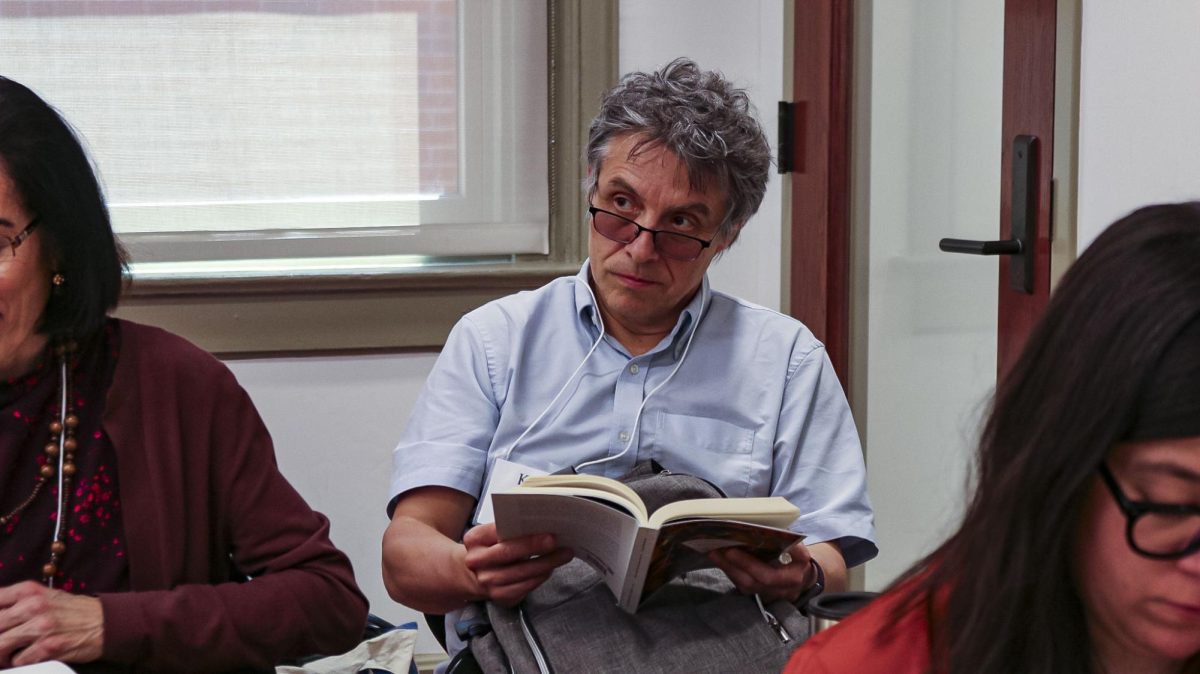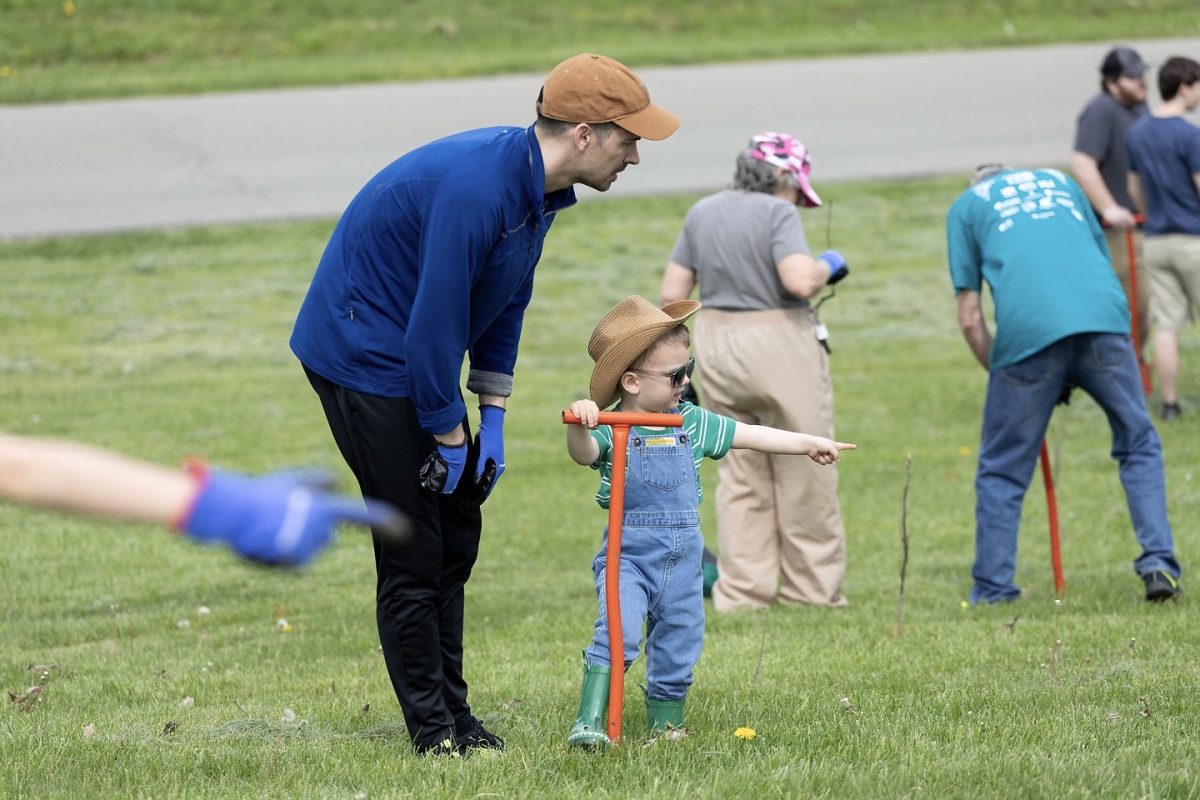In 2024 at a routine check-up, 11-year-old DuJuan Broadus Jr.’s hearing was declining significantly. After being referred to Dr. Nathan Cass, the news was shared with DuJuan’s family that he would receive a cochlear implant.
“I found out about this new implant about 10 minutes before the surgery with a legal team behind me because it was the first one in the country,” Letisha Broadus, DuJuan’s mother, said.
Cass said he found DuJuan to be the perfect candidate for the new cochlear device, Flex 34, after doing image guidance software to measure DuJuan’s cochlea.
“The first audiologist that we had noticed that there was still a decline in the testing, so she sent us back to Dr. Cass where he had found out that the right ear had declined significantly even with the hearing aids,” Letisha said.
After doing tests, Cass concluded this surgery was necessary for DuJuan and that he would move from hearing aids to the new cochlear implant.
“This particular cochlear implant is the longest electrode array that’s in existence, and they just developed this the last 18 months in Europe, and it was FDA approved in the U.S. soon before we put it in,” Cass said.
Cass said he had heard about the device at conferences and was prepared for the surgery.
“The doctor explained that after measuring DuJuan‘s cochlea they found it to be 38 millimeters long, which exceeds the size of the largest available implant which is 34 millimeters, and that this procedure would be happening today,” Letisha said.
The procedure was critical for DuJuan’s hearing and is expected to significantly improve his quality of life moving forward.
Cass said screenings are crucial to avoid early detection of hearing loss.
“DuJuan’s mother was right, she knew that something was not right, and she persisted in trying to make sure he was getting the help that he needed,” Cass said.
When asked about any developmental changes since DuJuan received the implant, Letisha said it was too early to tell but that he has been adjusting well.
“For right now, I’m just making sure that he wears it as he’s supposed to but he is doing great, which Dr. Cass told me he would because he is so young it will help with adjusting later,” Letisha said.
Cass says advancements in cochlear implant technology will continue to evolve, offering new options for patients.
“There’s a lot of things that are being tested. It’s a field that has a lot of innovation, and a lot of momentum. I think that the pool of candidates that are going to be eligible for the technology is only increasing with the increasing age of society,” Cass said.




































































































































































